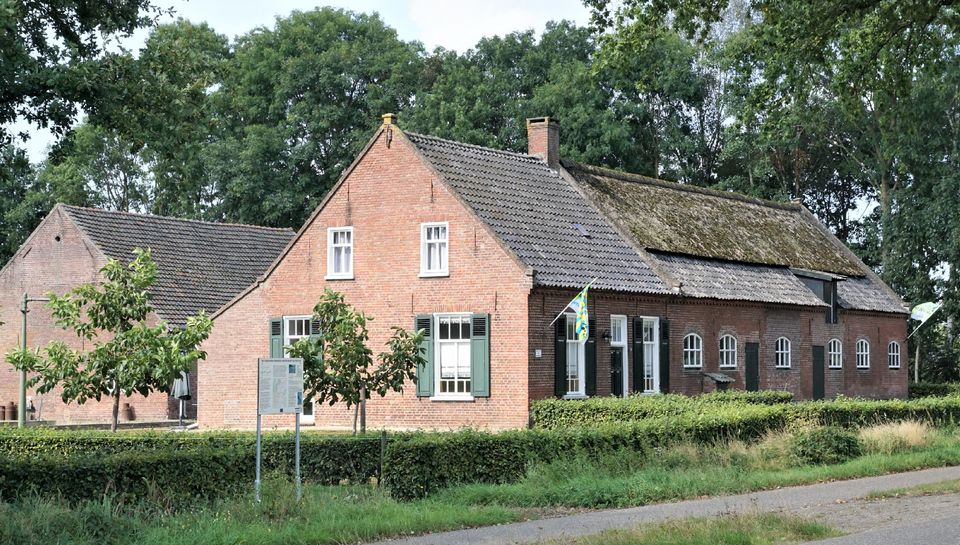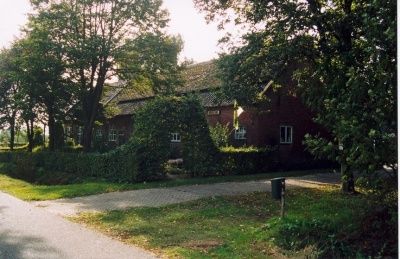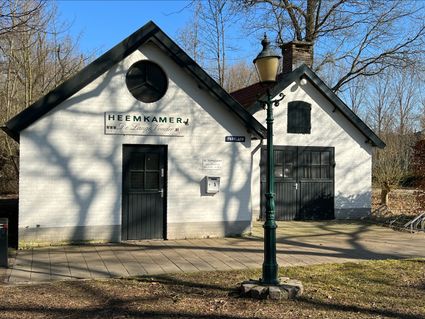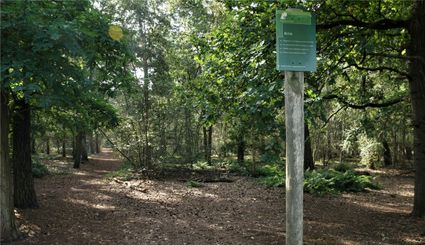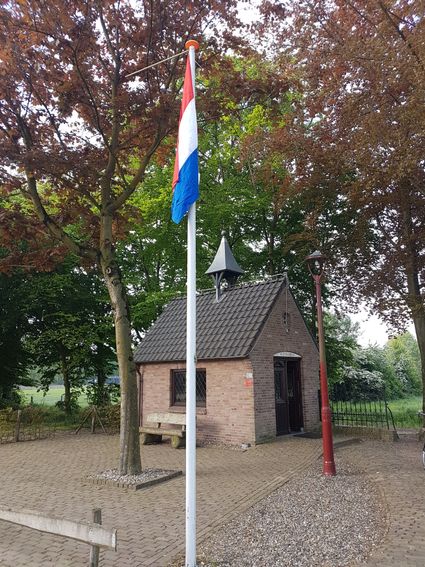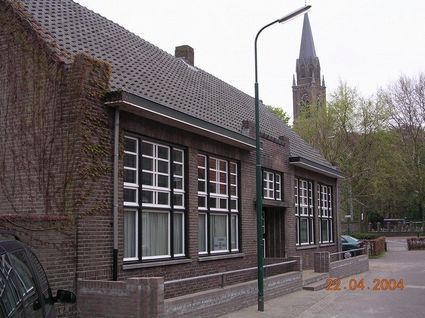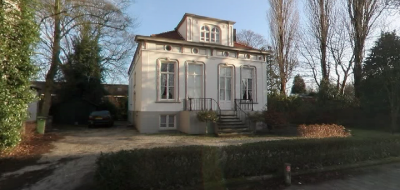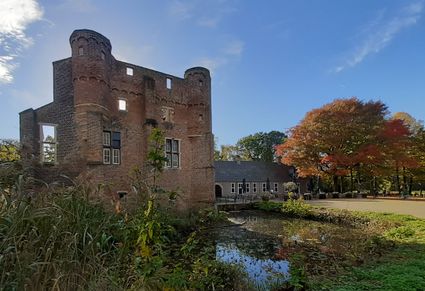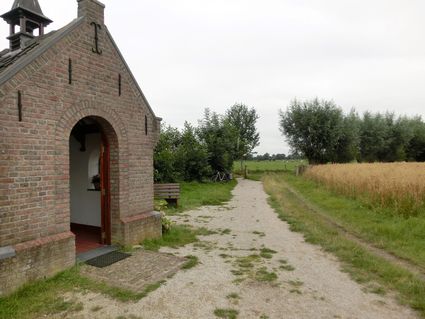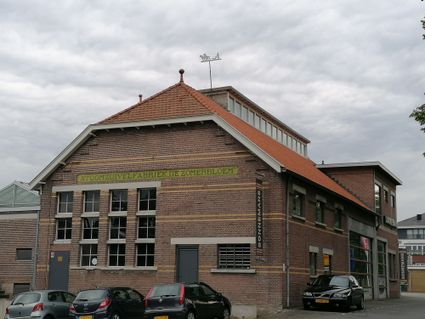De Tolbrug
This long-gabled farmhouse, located on Neerstraat, dates from 1917 and is now used as a museum. But there was a lot going on even before 1917.…
This long-gabled farmhouse, located on Neerstraat, dates from 1917 and is now used as a museum. But there was a lot going on even before 1917. The Neerstraat is part of the old road from Gemert to Bakel and for centuries the Neerstraat crossed the Esperloop here. There was also a fens, het Goor, which was fed by the Esperloop, and the seepage pit constructed near the farm also shows the water richness of this area. Originally, the road will have passed through the Esperloop via a ford, a ford. In the late Middle Ages, bridges became more common. Now, in the time of the Duchy of Brabant, anyone using the Brabant roads had to pay. This was called the Great Silent Brabant Land toll. Tolls were charged according to how much and what kind of stuff you carried. The toll was for the protection of travellers and maintenance of roads but in practice the money was not often spent on that. When there was a bridge, there was also a forester, a toll collector who charged money for the use of the bridge. Collecting that money was one the rights of the king (in our case, the Duke of Brabant). But he could, and often did, sell it to someone else. So he got money for the right to collect tolls and the buyer, in a case like this often the local council, was allowed to collect and keep tolls. Given that the king's rights also included the right to wind (his windmill and the village was not allowed to go to anyone else), beer, mate, weigh, coin and loading and unloading, among other things, sales made good money. During the Eighty Years' War, things got really crazy because then double taxation was demanded in some places, by the Spaniards and by the Council of States of Holland. The French upended the whole system around 1800 and laid the foundation for our current tax system.
Now De Tolbrug is a campsite and a museum specialising in agriculture, tradition and daily life around 1900. They have a large collection of agricultural tools, household utensils and all kinds of handicraft and craft tools.
